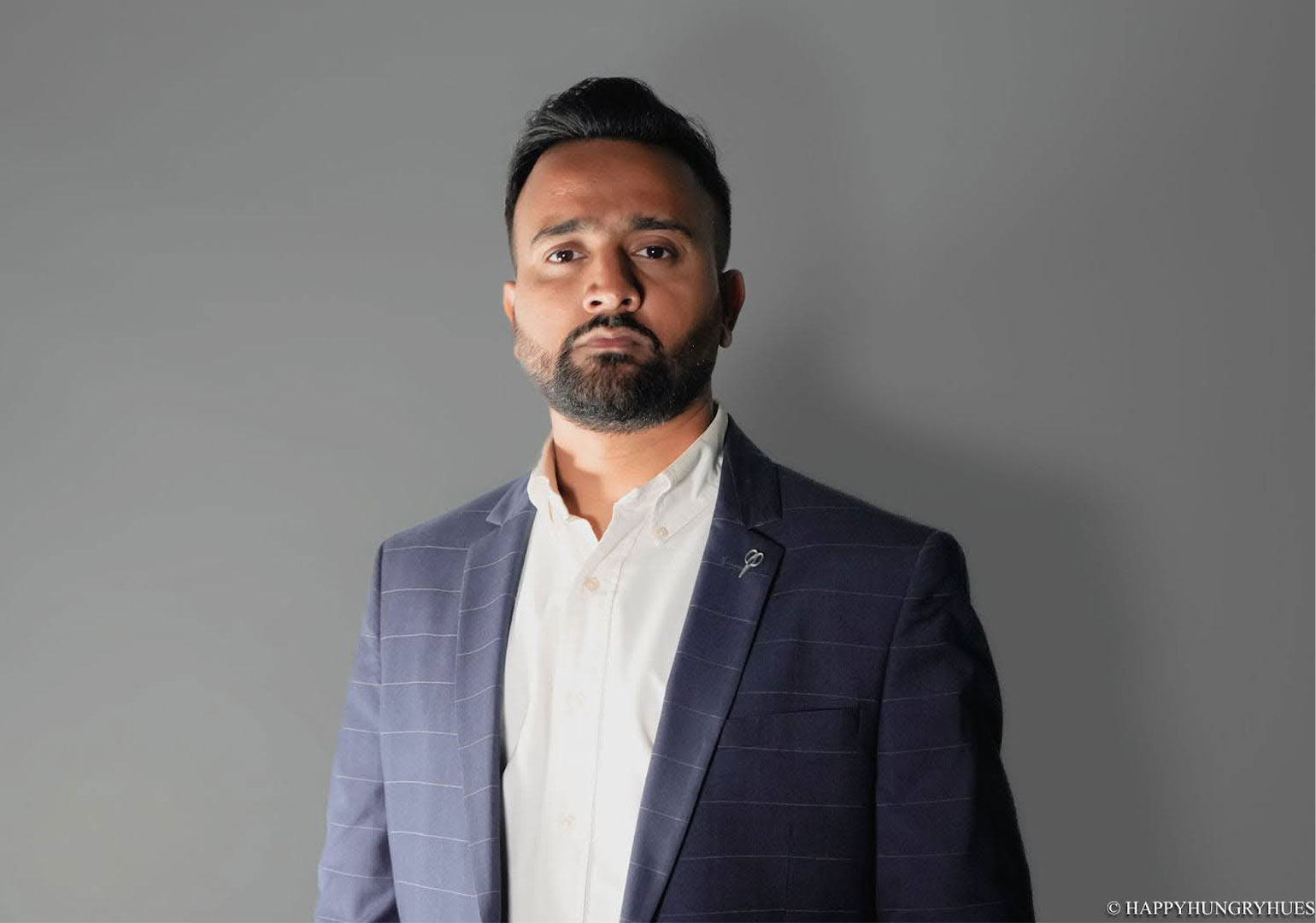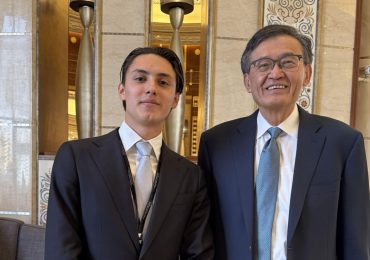Photo Courtesy of Pratik Panchal
Pratik Panchal has become a trusted name in civil engineering, known for guiding teams through some of the world’s most challenging infrastructure projects. At the helm of the biggest project in the history of the United States Navy, a dry dock construction in Pearl Harbor, he is not just keeping the trains running on time–he is helping shape the next generation of engineers who will face tomorrow’s toughest problems.
Leading High-Stakes Projects with Precision
Mr. Panchal’s days are anything but routine. As Lead Project Scheduler for the US Navy’s ambitious dry dock project, he juggles timelines, coordinates with military officials, and manages a schedule where every detail matters. The stakes are high: this is a project with national security at its core, and there is little room for error.
Panchal’s career has taken him across four countries and over a decade of hands-on experience. Whether in India, the UAE, Canada, or the United States, Panchal has built a reputation for keeping complex projects on track. His efforts have led to fewer delays and smoother handoffs between teams, which is no small feat when the clock is always ticking.
Raising the Bar for Scheduling and Project Controls
Traditional scheduling methods often fall short on projects of this scale. Panchal saw this early and decided to do something about it. He developed the Integrated Intelligence Scheduling System, a tool that combines artificial intelligence with real-time field data. This system does more than just track progress–it learns and adapts, helping teams spot trouble before it starts.
Panchal’s Stakeholder-Driven Milestone Modeling brings everyone to the table, from contractors to regulatory agencies. By mapping out who needs to sign off and when, he has helped teams avoid the usual back-and-forth that can stall progress. His Schedule Resilience Engineering technique adds a layer of flexibility, so when the unexpected happens–think supply chain hiccups or labor shortages–the project keeps moving forward.
Recognition, Thought Leadership, and Future Impact
Recognition has followed Panchal wherever he goes. International awards for leadership and artificial intelligence in project management line his resume, and he has served as a judge for the Brandon Hall Group Excellence Awards, reviewing leadership programs from around the globe. He is also a judge for the Stevie Awards and has participated as an expert panelist for the Global Recognition Awards, reflecting his standing as a respected voice in his field.
Panchal holds a Project Management Professional (PMP) certification and has published 17 scholarly articles in internationally recognized journals on topics such as digital twins, predictive analytics, and risk management in construction. His research is cited by peers and referenced in industry discussions, demonstrating that his ideas have lasting impact and influence. These articles, published between 2020 and 2025 in high-impact journals, collectively have garnered over 150 citations.
Beyond his own publications, Panchal is a member of the editorial board for internationally recognized journals and frequently receives invitations to peer review scholarly articles for leading global publications. His active participation in both academic and professional circles reflects his dedication to contributing to ongoing knowledge and professional standards in his field.
Panchal is also an active member of the Society of American Military Engineers (SAME) and the Institution of Civil Engineers (ICE), one of the world’s oldest and most respected professional engineering organizations. These roles support his continued involvement in advancing professional practice and engagement within the civil and military engineering communities.
By sharing his expertise and mentoring others, Panchal helps prepare engineers to handle the pressures and complexities of modern infrastructure projects. His story is one of steady progress and quiet influence. He brings clarity to complicated projects and a practical optimism to every challenge.
As Panchal continues to share his experience and methods, he is helping to build a future where engineers are equipped to handle whatever comes next. He says, “Preparing engineers for tough challenges means teaching them to solve problems before they appear. In construction, it’s not just about building structures, it’s about building resilience into the people behind them.”
















